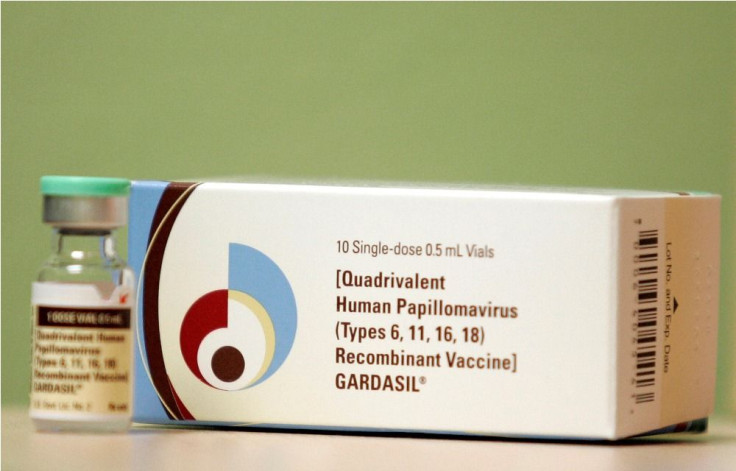HPV vaccine may also treat warts, study reveals

A new research claims that the vaccine developed to prevent people from getting infected with human papillomavirus, or HPV, can be equally effective in clearing warts. According to the report, several people experienced the disappearance of persistent oral warts soon after receiving the HPV vaccine. Recognising that it is too early to conclude whether the HPV vaccine is responsible for treating warts, the researchers noted the need for formal studies and randomised clinical trials.
The report, published online in the journal JAMA Dermatology, cites the case of a man in his 60s who had recurrent warts on his lips, tongue and cheeks for 18 months. Despite several attempts to have the warts removed, it kept coming back, and the man was finally diagnosed with an HPV infection.
The man was treated by Dr John Stern from the Division of Infectious Diseases at the University of Pennsylvania Health System and is co-author of the study. Stern recommended the administration of HPV vaccine to protect the patient from becoming infected with other HPV strains that are linked with cancer. According to the study, there are more than 150 strains of HPV, and while most infections go away on their own, some can persist and lead to other health complications such as genital warts, oral warts, cervical cancer or oral cancer.
The patient received the quadrivalent HPV vaccine designed to protect against four HPV strains. Usually given to children before they become sexually active, this type of vaccine is not believed to help with existing HPV infections. A month after the patient received the first dose of the HPV vaccine, however, he showed significant improvement, and in a span of three months, the warts went away. Two years later after receiving the vaccine, the patient is still free of oral warts.
Since 2010, the researchers found out that there have been eight other reports of people whose warts disappeared after they received the HPV vaccine. Some patients even showed improvement in just two to three weeks after vaccination. Once it is conclusively proven that HPV vaccine helps in treating some cases of HPV-related warts, it would be one of the few examples of a vaccine that treats, rather than prevents, diseases.
On the other hand, not all people who receive the HPV vaccine experienced the same. A 2013 study of six people with genital warts revealed that all of the patients who received the HPV vaccine had their warts come back. There is also a study published in 2007 which cited that of more than 2,000 women with genital HPV infections, the HPV vaccine did not accelerate the clearing of infection.
Dr Amesh Adalja, an infectious disease specialist and a senior associate at the University of Pittsburgh Medical Center's Center for Health Security, said these case reports should not prompt every person with HPV to demand vaccination. Adalja, who was not involved with the new report, added that this should encourage researchers to try to understand why some people appear to benefit from getting the vaccine even after they have an HPV infection while others don't.





















